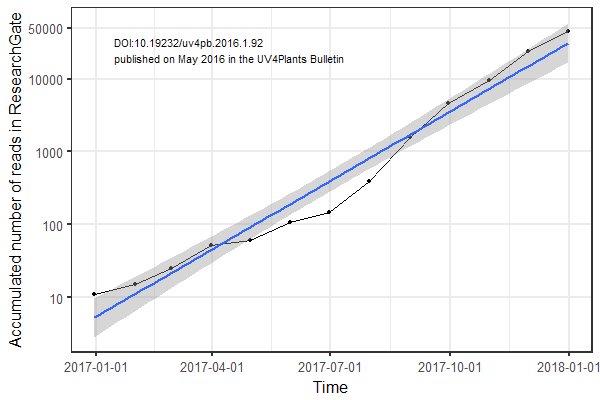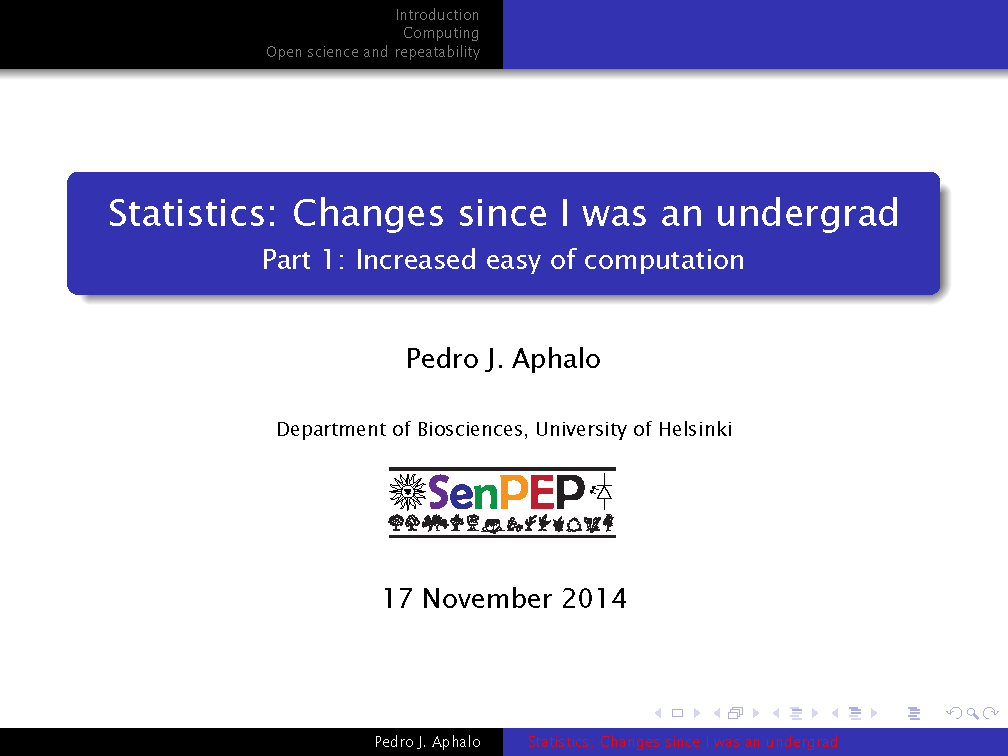Years ago, when I read it for the first time, I found this book extremely useful in improving my writing style, and in diagnosing problems in my own and other people’s drafts. I plan to read it again.
The approach is quite different to other writing style books. There are few hard and fast rules, it is mainly centred on how to make your ideas clear and write text that is easy to read. It is full of examples and good explanations of what works and what doesn’t.
There are two versions of the book: (links to amazon.co.uk)
Style: Toward Clarity and Grace by JM Williams (also available in Helka)
Style: Lessons in Clarity and Grace by Joseph M. Williams, and Gregory G. Colomb
I read the first one, it is older and cheaper and does not include exercises. The second, newer version includes exercises and is meant to be used as a textbook.
This is a good book to read even if you write well. It will help you understand why your texts are clear and good, and surely it will make revising your drafts easier. It will also help you when you have to comment on other people’s drafts. If you need to improve your own writing and you want to understand the logic behind guidelines rather than just follow rules, reading this book is a must.


